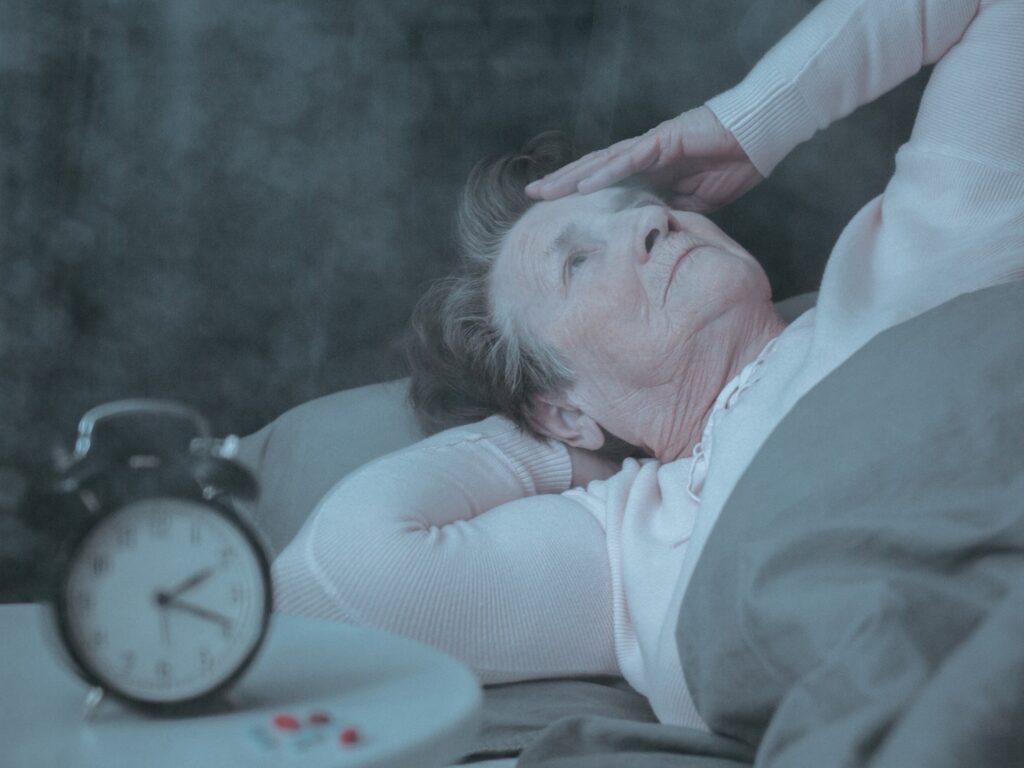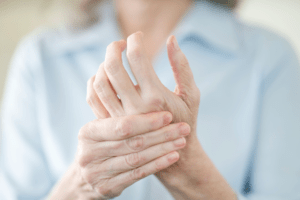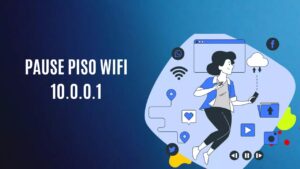How Sleep Loss hit your Overall Health and Life?

You know, the absence of sleep can make you irritable and murky. You may not understand what it can do to your Intimate life, memory, health, looks, and even ability to lose weight.
We all know that taking a healthy night’s sleep helps us manage our jobs and our friends. But dropping out on sleep can do more than set you into a crab.
Amount of Sleep Needed
Everyone’s own sleep needs differ. Overall, most healthy adults are grown for 16 hours of alertness and need a standard of eight hours of sleep a night. However, some people can perform without sleepiness or drowsiness after as light as six hours of sleep. Others can’t function at their crown unless they’ve relaxed ten hours.
And, against to common myth, the need for sleep doesn’t fade with age but may decrease the capability to sleep for six to eight hours at one time. From your weight to your libido, the absence of healthy sleep can influence many areas of your life. If your Male Partner Causes Low Libido and Erectile Dysfunction Problems, give them a Cenforce 100mg and Fildena 100 Pills to Cure ED Issues. Here are Eight surprising — and serious — effects of sleep loss.
Sleepiness Causes Accidents
Sleep loss is a significant public security hazard every day on the road. Drowsiness can reduce reaction time as much as driving intoxicated. Fatigue is a cause of 100,000 auto wrecks and 1,550 crash-related mortality a year in the U.S. The difficulty is most notable among people under 25 years old.
Studies reveal that sleep loss and poor-quality sleep also point to accidents and wounds on the job. In one research, workers who grumbled about extreme daytime sleepiness had significantly more work accidents, especially echoed work accidents. They also had more unhealthy days per occurrence.
Mental health
Sleep is attached to memory and cognition, and inadequate sleep habits reduce your ability to process and learn new knowledge. You may have difficulty learning a new skill or getting essential information. Constant sleep loss can also point to depression and anxiety.
The brain base of a give-and-take relationship between sleep and mental health is not yet fully understood. But neuroimaging and neurochemistry researches recommend that a good night’s sleep benefits foster mental and emotional flexibility, while prolonged sleep deprivation sets the spotlight for adversarial thinking and heartfelt vulnerability.
Although scientists are yet attempting to bother apart all the mechanisms, they’ve found that sleep disturbance — which hits levels of neurotransmitters and stress hormones, among other situations — wreaks devastation in the brain, damaging thinking, and emotional control. In this way, insomnia may expand the results of psychiatric diseases and vice versa.
Sleepiness Makes You Forgetful
Are you trying to put your memory attentive? Try taking plenty of sleep. In 2009, researchers discovered that brain events called “sharp wave ripples” are qualified for strengthening memory. The ripples also shift learned data from the hippocampus to the brain’s neocortex, where long-term memories are stored. Sharp wave ripples occur mainly during the deepest levels of sleep.
Skin
See those dark circles under your eyes after a few insomniac nights? They’re more inclined to stick nearby, along with other skin variations, if you don’t stick to a proper bedtime. In one research, sleep-deprived people discovered that their skin wasn’t able to heal as swiftly from stressors such as sun exposure.
Heart and other organs
People who take fewer than seven hours of sleep a night have greater diabetes, heart disorder, and obesity rates. Lack of sleep can lead to more inflammation in your body and change how your body handles glucose, contributing to type 2 diabetes. You’re also at bigger risk for heart seizure and stroke.
Luckily, there’s an obvious fix to decrease your chance of health problems: Make yourself a bedtime routine. It isn’t forever as easy as it seems, but it should be a preference. Drink a glass of chamomile tea or warm milk and escalate into bed at the same time each night.
Lack of Sleep Kills Sex Drive
Losing sleep can also damage your sex life. Self-reported tests have found that people who take shorter sleep at night have a weaker sex drive. One study discovered that men with sleep apnea, which leads to poor sleep, had less Testosterone Levels and lower libido. Most Men Prefer to take Fildena 120 and Cenforce 50 Pills to Cure their Erectile Dysfunction Problems.
Sleep specialists state that sleep-deprived men and women relate moderate libidos and limited attention in intimacy. Wasted energy, sleepiness, and prolonged tension may be essential to accuse. Many men with sleep apnea also have moderate testosterone levels.
Weight Gain
When it proceeds to body weight, it may be that if you snooze, you drop. Lack of sleep appears to be linked to a rise in hunger and appetite and likely to obesity. According to a study, people who sleep limited to six hours a day were almost 30% more prone to become obese than those who snoozed seven to nine hours.
When you drop to sleep, the hormones that regulate your appetite goes out of balance. Your body generates more of the hormone that gives you the desire to eat and fewer of the hormone that stifles your appetite. You also may discover that you desire the sweet, high-carb snacks that support build-up love designations.
Increase Risk of Death
The results, published in 2007, revealed that those who had skipped their sleep from seven to five hours or less a night approximately multiplied their prospect of death from all problems. In precise, lack of sleep increased the risk of death from cardiovascular disorder.








